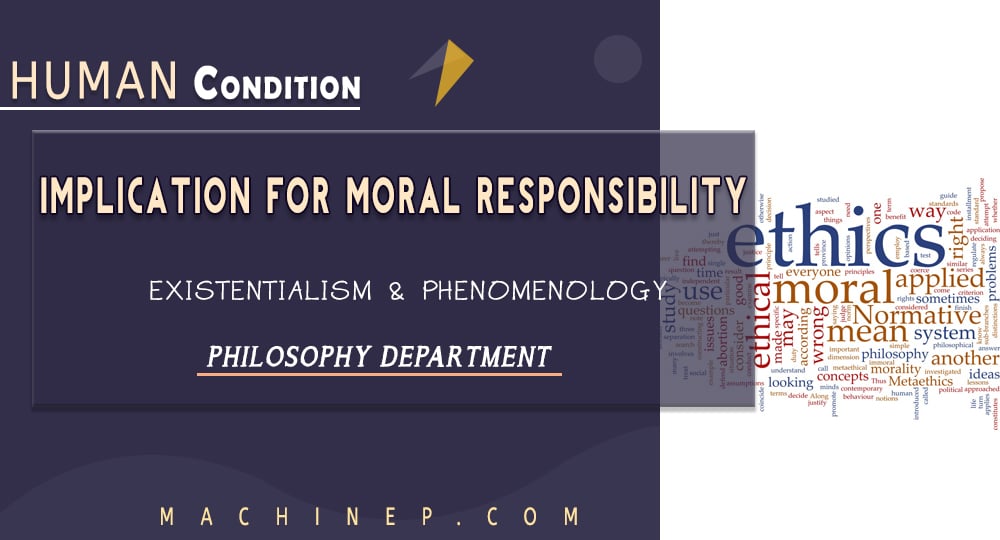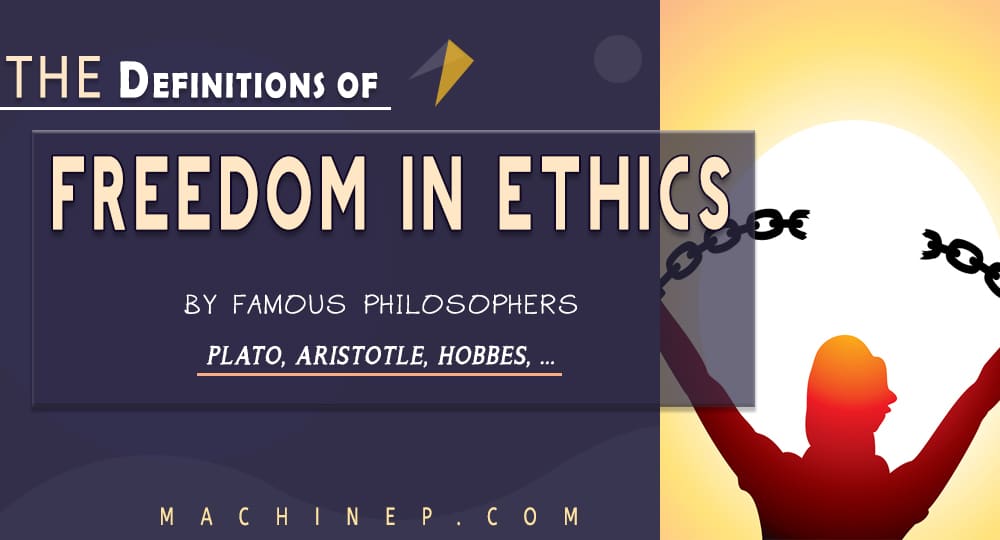We all know what it feels like to be on the receiving end of gossip—it’s hurtful, disrespectful, and downright unpleasant. But have you ever stopped to consider the consequences of being the one who spreads rumors? What are the long-term effects of talking behind people’s backs, and why should we avoid it at all costs?
In this article, we’ll explore the philosophy of gossip and the reasons you shouldn’t engage in this harmful behavior.
The story of Socrates is a classic example of how gossip can distort the truth and damage relationships. When someone approached the wise philosopher with rumors about his friend, Socrates didn’t rush to hear them out. Instead, he presented the “three sieves test,” a way to filter information before sharing it with others.
The three sieves test by Socrates
The three sieves are:
- Truth
- Kindness
- And Utility
These three sieves represent the criteria that should guide our communication. Before telling someone something about another person, ask yourself: Is it true? Is it kind? Is it useful? If the answer to any of these questions is no, then the information shouldn’t be shared.
Don’t miss it: Career Opportunities For Philosophy Graduates
The Truth Sieve
The truth sieve is the most crucial one, as it reflects the accuracy and reliability of the information. In the age of social media and instant messaging, it’s easy to spread rumors without checking the facts.
Many people believe what they hear or read without questioning the source or verifying the evidence. However, spreading lies and half-truths can harm the reputation and dignity of the people involved, as well as your own credibility and integrity. As the saying goes, “Believe nothing you hear, and only half of what you see.”
The Kindness Sieve
The kindness sieve is the most overlooked one, as it requires empathy and compassion towards others. When you speak ill of someone, you create a negative energy that affects both you and the other person. You may feel a momentary sense of satisfaction or superiority, but in the long run, gossiping can erode your self-respect and your ability to connect with others. Kindness is not just a moral virtue but also a practical skill that can enhance your relationships and your well-being.
The Utility Sieve
The utility sieve is the most practical one, as it reflects the purpose and relevance of the information. When you share something with someone, ask yourself: Does it serve a constructive purpose? Is it necessary for the other person to know? Will it contribute to a positive outcome? If the answer is no, then the information is probably not worth sharing. The more you focus on useful information, the less you’ll be tempted to spread rumors.
The Bottom Line
In conclusion, gossip is a toxic habit that can poison your mind and relationships. It may seem harmless or even entertaining at first, but in the end, it only creates more problems than it solves. By following the three sieves test, you can avoid the pitfalls of gossip and become a better communicator and a more compassionate person. Remember, the words you speak are a reflection of your character, so choose them wisely.





